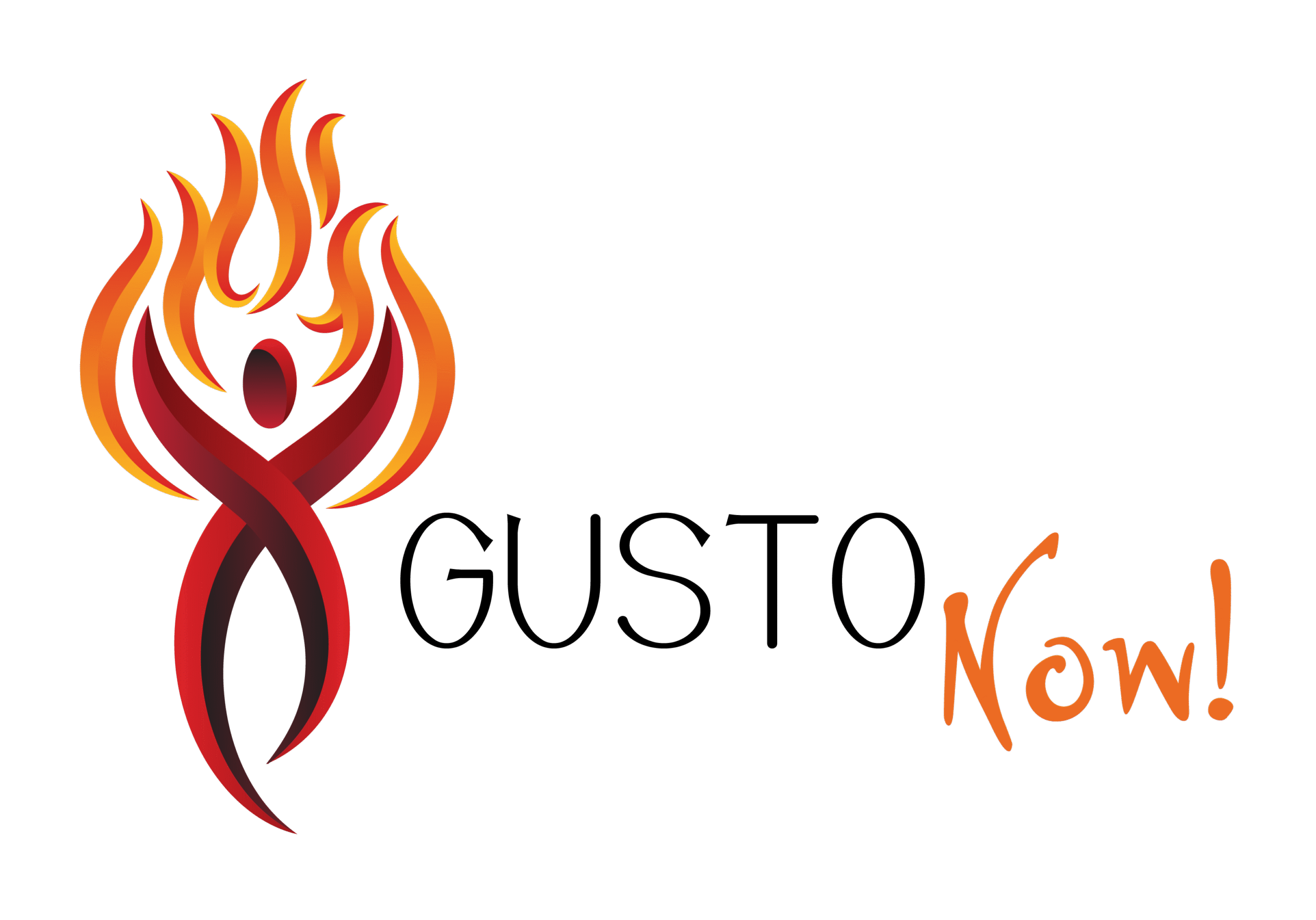Dr. Alise Cortez Research
As a psychology- and liberal arts-educated professional, Dr. Cortez has developed a long-standing love affair with people and their life stories. She loves to know where people come from, the most salient moments of their lives, and what moves them to euphoria and tortures their soul – in short what deeply matters to them, especially at work. When she began her human capital career in 1998 in Information Technology staffing, she added to that mix a keen ability to interview people about their lives and work, teasing out the most tender of details.
She developed a fascination with how people choose their careers and experienced them. So, when it was time during her doctoral studies to choose a dissertation topic, it was easy to land on the leadership research question of: What is the relationship between meaning in work and personal identity for high-performing Information Technology managers?

Employee Modes of Engagement
Alise earned a PhD in Human Development from Fielding Graduate University. Still fascinated with how people choose and experience their work, her research and dissertation illuminated a fresh perspective on meaning in work and its relationship to personal identity. In a post-doctoral research investigating meaning and work and identity qualitatively interviewing 115 men and women aged 18 to 80 from 20 industries, she built on this doctoral leadership research and discovered 15 “Modes of Engagement” that help individuals understand their unique relationship to their work.
The modes take into consideration the depth or quality of meaning registered as well as the manner in which work is registered to a person’s identity. The most invigorated and fulfilled mode is called Transcendent Connection and is often found in people whose work involves stewarding or nurturing a spiritual relationship within people to something greater, often found among Priests, rabbis, and spiritual teachers.
The least engaged, most miserable mode is Existential Crisis, where the work registers negatively against a person’s identity and they feel completely undone and unmoored by the experience. And then there are 13 modes in between. Alise conducts Employee Modes of Engagement workshops for companies as a Team Building and way to meaningfully connect with a manager’s team. See the description of all 15 modes below.
Trancendent Connection
Organizational Mission Alignment
Genuinely Impacting the Organization
Relational Caring
Wanting More but Comfortable
Living My Purpose
Challenging Cognitive Resonance
Gainful Resonant Competency
Instrumental Marketable Skill
Diminished Esteem
Authentically Impacting Society
Self-Actualizing
Chosen Achievement Path
Conflicted Fit
Existential Crisis
Ready to Work With Gusto Now!?
Contact us today to learn how through our leadership research we can help you turn your organization into a destination workplace!
Gusto Now!
Business Consulting Web Design by Ascendance

